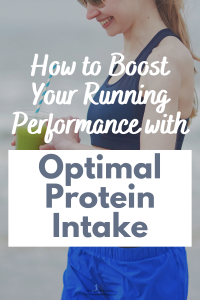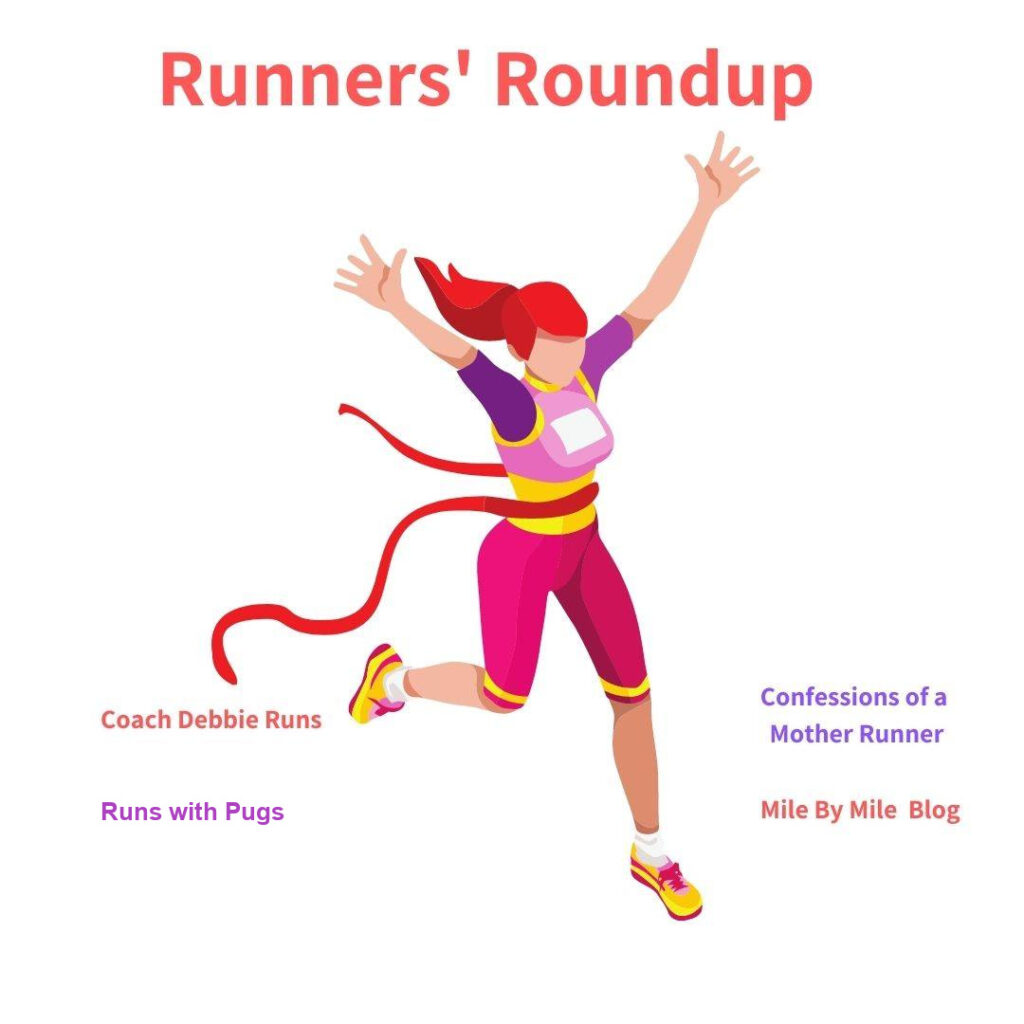As runners we usually focus on making sure we are getting enough carbs before, during, and after our runs. However, protein is important too, especially as we get older. When recovering from a run, and throughout the day, it’s important make sure your protein intake is enough to support your recovery and overall health. How do you know if you’re getting enough protein? I’ll be sharing some tips in this article, but keep in mind that dietary requirements are individual and will differ for each person. This is just to give you an idea about where to get started if you are looking to tweak your protein intake.
Why do runners need protein?
While everyone needs proteins, anyone who is active should make sure they are getting enough protein to support their activities. Exercise increases the need for muscle repair and growth. Injured runners should also make sure to get enough protein as this can help with tissue repair.
As runners, our tissues are constantly being broken down, and protein is required to support muscle repair. Without enough protein overall muscle mass could decrease. Proteins composed of branch chain amino acids can even provides some energy for endurance exercise.
When paired with carbohydrates, protein can help with recovery and muscle repair following a workout which may lead to less muscle soreness and a faster return to hard workouts. This is important for runners who want to be able to train daily!
What is the optimal amount of protein intake for runners?
According to the International Society of Sports Nutrition, exercising adults need about 1.4–2.0 g protein/kg body weight/day. For a runner weighing 150 pounds, this would be about 95-136 grams per day.
How does age affect your protein needs?
A review in the International Journal of Sport Nutrition and Exercise Metabolism discussed how older athletes do not recovery from workouts as quickly as younger athletes and therefore need to focus more on protein for muscle recovery. A 2021 review in Sports Medicine.found that since the main purpose of increased protein requirements for older adults is to offset age-related anabolic resistance, the recommended protein requirements are not different for masters athletes.
This may mean that while the protein requirements aren’t necessarily higher for older athletes, it may be even more important to make sure we are reaching those daily requirements to ensure optimal recovery.
How can you reach your daily protein goals?
We all may have the best intentions to eat real, nutritious foods throughout the day, but it may not always be possible to get enough protein this way. Especially is you are busy, there may be times you need to supplement with protein powder.
When choosing a protein powder, try to find one with around 20-25 grams of protein per serving and a complete amino acid profile with minimal artificial ingredients. You can also see if the brand is NSF Certified for Sport to ensure quality and purity. I like Momentous because it checks all these boxes.
Try to focus on getting in a good source of protein at each meal and snack. Some ideas are a smoothie with protein powder, eggs, greek yogurt, chicken, cheese, and nuts or nut butter. While I am not a fan of tracking my macros, every once in awhile it’s helpful to see how much protein I am getting in a day just to make sure I am on track.
Have you ever focused on your protein intake?
What small nutrition tweaks have made a difference in your running?
You may also like:
How To Determine Your Perfect Fueling Plan For a Long Distance Race
Injury Recovery and Nutrition
The Benefits of Collagen and Gelatin for Runners
Now it’s time for the Runners’ Roundup! Link up your running and fitness posts below! Join myself, Coach Debbie Runs, Confessions of a Mother Runner, and Runs with Pugs to post your favorite running tips, experiences, race and training recaps, workouts, gear, and coaching ideas.



Your post made me get up and go to the kitchen to get a boiled egg!
I’ve just come back from my long run and I the lunch that I’m having (salad with yogurt, humus, nuts) doesn’t fulfil the protein requirement.
You are absolutely right about watching your protein intake. I need to track my macros again to check it. Thanks for the input, Lisa!
I’ve really dialed in my protein the last 5 years. I am glad to see you post this as so many runners seem to focus on fueling and refueling with carbs and often with sugar laden things like pop tarts. It can be super helpful to track all of your macros for a few weeks
As a vegan it has always been important to me to consume enough protein. It’s really not difficult to find a plant-based protein option at each meal. I eat tofu, beans, rice, and vegan meats and I feel like I get plenty of protein.
So I hate protein and my body hates it too LOL. I want to eat more, and I thought I was doing great by having an egg for breakfast and a couple of slices of turkey or roast beef on my salads at lunch, and turns out, I”m still nowhere near where I need to be. Ugh.
It’s important, so I’m going to keep toughing it out, but why does everything have to be an uphill battle?